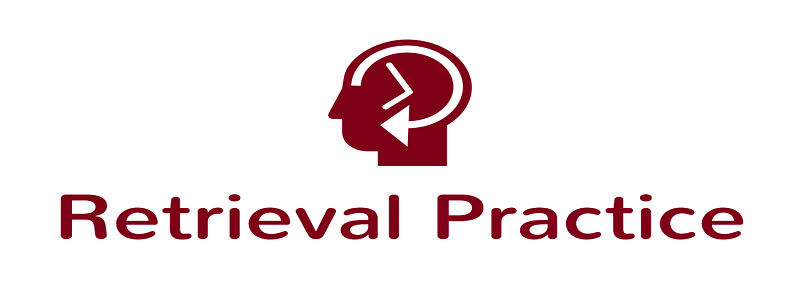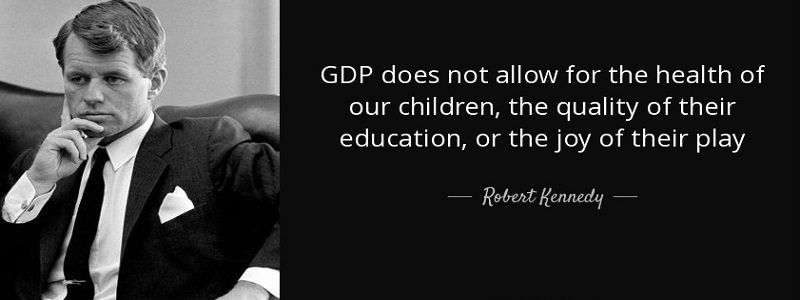Returning Mini-Lessons, Retrieval Practice, & Critical Thinking
One of our partner school’s English classes are using informational texts right now to conduct classroom debates on transgender troops and North Korean nuclearization. In a lesson modeling arguments to support positions on these issues, a student built an argument that banning transgender troops would weaken the U.S. military by shrinking it. The student had evidence from the New York Times Upfront Magazine on the number of transgender troops currently serving. She didn’t have much in the way of reasoning in her model. So we had all the students perform a quick-write to supply the missing reasoning. We looked at a couple of student samples, using a document camera, comparing their strengths and weaknesses, and ending with a synthesized model of reasoning.
Arguing about Ancient Chinese Philosophy — the Confucianism vs. Daoism Project
We worked recently with a partner school’s Global Studies course and their Ancient China unit. The outcome: an argument-based small group discussion project on Confucianism and Daoism.
The post below includes resources which focus on the way that arguments can be made about the desirability of certain systems of thought and the values they inscript. The project also uses a format of discussion that is looser and less rules-based than a debate (though, of course, rules have their utility and place, when striving to reach certain levels of rigor in a scaffolded academic setting). Finally, this project is an example of the way that an argument-centered approach has the agility to incorporate varied curricular resources — in this instance, some SHEG (Stanford History Education Group) document excerpts and background information.
Tracking an Argument: Flowing RFK’s Speech on Our Use of the Gross Domestic Product
I recently collaborated with Jones College Prep AP Macroeconomics teacher Mike Borge on a short project he developed around the use of the gross domestic (or national) product as a key measurement of national strength. The component that we helped build out is the argument tracking function. Through this project, students learn how to convert straight-forward annotation into listening for and “flowing” argument.
The debatable issue for the project is:
Should the gross domestic product (GDP) be used as a key metric of American strength.
Bringing the Hurricanes into Your Classroom
The late-summer, 2017, brought two enormous, category 5 hurricanes crashing into the southern United States and the Caribbean, a several week ordeal that some individuals and communities in these regions will be spending years recovering from. Given the suffering that these massive storms have produced, one response we should feel as educators is a charitable one. Hurricane Harvey charitable efforts are collected and vetted on this credible site; while Hurricane Irma charities are similarly treated on this one.
Not in any way inconsistent with this moral reaction to the hurricanes is a pedagogical one: to bring the attention, media coverage, writing and thinking about, and latent issues within these thunderous acts of nature just prior to the school year into your classrooms early in the school year. This post will discuss an approach that we are taking with partner schools.
An Activity to Introduce the Academic Argument Model
Early in the school year, it is a good idea to introduce the fundamental academic argument model to students who may not be fully familiar with it, or to refresh students’ understanding even if they have worked with it extensively in the past. The ubiquity of the academic argument model — not only in argument-centered instruction, but throughout schooling — justifies spending some precious early-year, culture-establishing time on this task. This activity is designed to provide students with this (re-)introduction.






